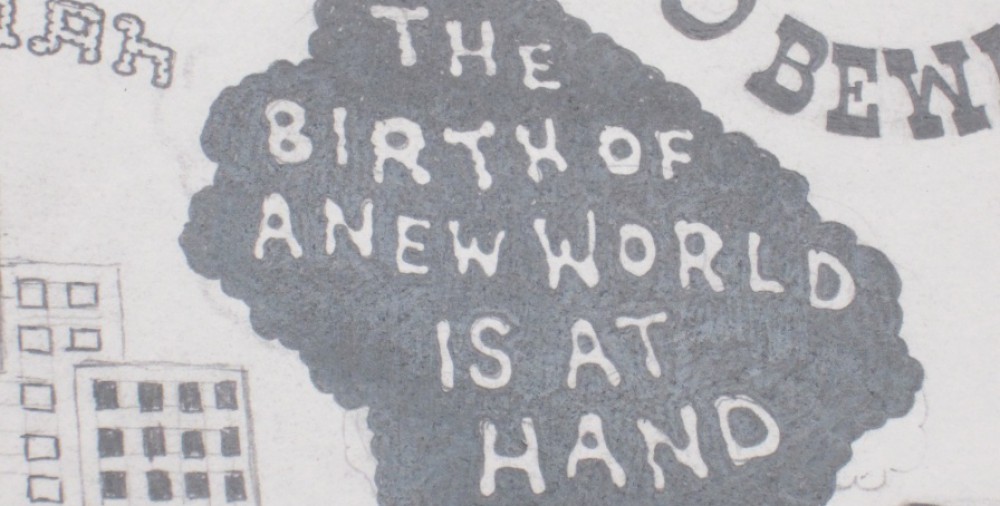I didn’t really understand the short story The Ones Who Walk Away from Omelas. The first 4.5 pages of this story was kind of boring to me. I felt that the first couple of pages was just filler for the real part of the story. What I got from this short story was that the city Omelas was a great beautiful place to live. Everyone in the town was happy, the people was cultured. Omelas was a perfect little town, and the perfect place to be. Although it came off as the city was so happy and joyful. Come to find out it was hiding a terrible secret. There was a child locked away in a small room in one of the buildings of the city. This child was filthy, naked, malnourished, sad and alone. It was afraid of any and everything. Everyone from the town of Omelas knew that the child was there. Why was this child there? If the people knew that the child was there, why wouldn’t or couldn’t they help him/her? This was because their city thrived on the child’s unhappiness. The city wouldn’t and couldn’t be joyful or happy or cultured, if the child wasn’t locked away. In the text it stated, “they all know that it has to be there. Some of them understood why, and some do not, but they all understand that their happiness, the beauty of the city……depends wholly on this child’s abominable misery.” How could a town of people be so happy that a child is locked away? How could people let a child suffer? According to the short story, the people of Omelas wanted to help the poor child. But they couldn’t. In the text it stated, “but if it were done, in that day and hour all the prosperity and beauty and delight of Omelas would wither and be destroyed. Those are the terms. To exchange all the goodness and grace of every life in Omelas for that single, small improvement: to throw away the happiness of thousands for the chance of the happiness of one: that would be to let guilt within the walls indeed.” To me it sounds like Utilitarianism. Which is that all action should aim for the maximum amount of happiness, for the greatest number of people.
I struggled so much trying to read The Day Before the Revolution. I could not read it straight through. I felt that it was really really long, and I could hardly focus. Le Guin uses a lot of imagery in both literary works. I didn’t really understand anything the author was trying to convey with this story. The only thing that I got from this short story is that, Laia the old women started a revolution many years ago. She suffered from a stroke, and her husband is long gone. I can’t really say much about this story. Although it was difficult for me to read and understand The Ones Who Walked Away from Omelas, the message was more clear there then it was in The Day Before the Revolution.



